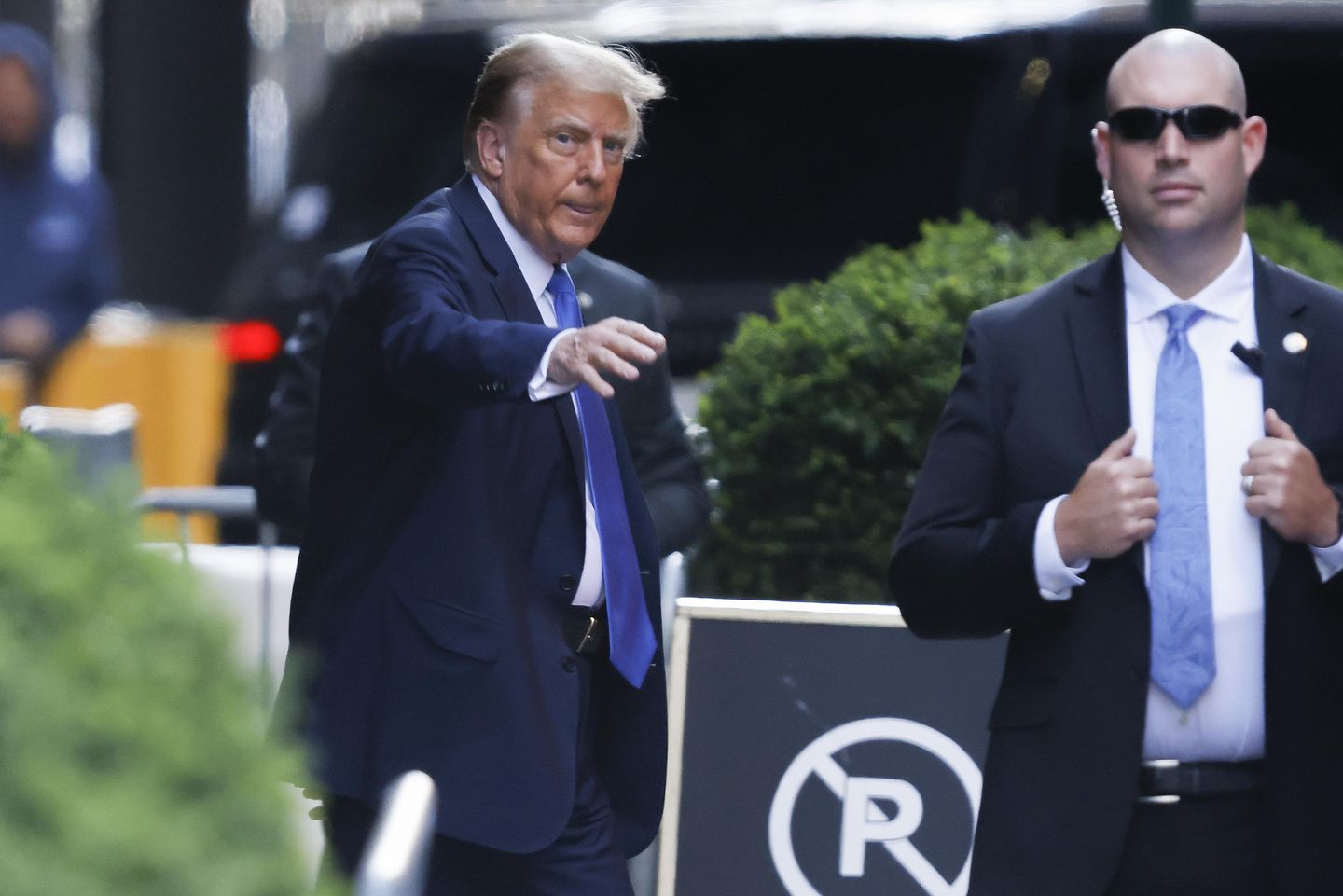The prosecution in the trial against the Trump Organization and its CFO, Allen Weisselberg, alleged that former President Donald Trump and his tabloid allies engaged in “catch-and-kill” tactics to prevent negative press coverage before the 2016 election. This strategy involved buying the rights to damaging stories and then burying them, shielding Trump from potential scandals. Prosecutors argued that this practice was used to manipulate the media and deceive the public.
According to prosecutors, Trump and his associates went to great lengths to cover up these payments, including falsifying business records. They accused Trump of lying about these transactions “over and over and over again” in an effort to conceal his involvement in the scheme. The prosecution presented evidence to support their claims, including emails, text messages, and other documents that they say prove Trump’s knowledge and participation in the catch-and-kill tactics.
The trial is centered around allegations that Weisselberg and the Trump Organization orchestrated a tax fraud scheme by compensating employees with off-the-books perks, such as rent-free apartments and luxury cars, in order to evade taxes. Prosecutors argued that Weisselberg and the company engaged in a deliberate effort to avoid paying taxes on these benefits, which amounted to millions of dollars in unpaid taxes. They portrayed Weisselberg as a key player in the scheme, alleging that he knowingly participated in the fraud.
Throughout the trial, prosecutors sought to establish a pattern of deception and dishonesty within the Trump Organization, painting a picture of an organization willing to break the law to protect its image and advance its interests. They argued that Trump and his associates were not above using illegal tactics to shield themselves from negative publicity and legal consequences. The prosecution’s case rests on proving that Trump and his company knowingly engaged in criminal conduct, rather than mere oversight or ignorance.
As the trial continues, the prosecution will likely continue to present evidence supporting their claims of tax fraud and deception within the Trump Organization. The defense will have the opportunity to challenge the prosecution’s case and present their own evidence to refute the allegations. The outcome of the trial could have significant implications for Trump, Weisselberg, and the future of the Trump Organization, as it could potentially result in criminal charges and further legal consequences for those involved.









